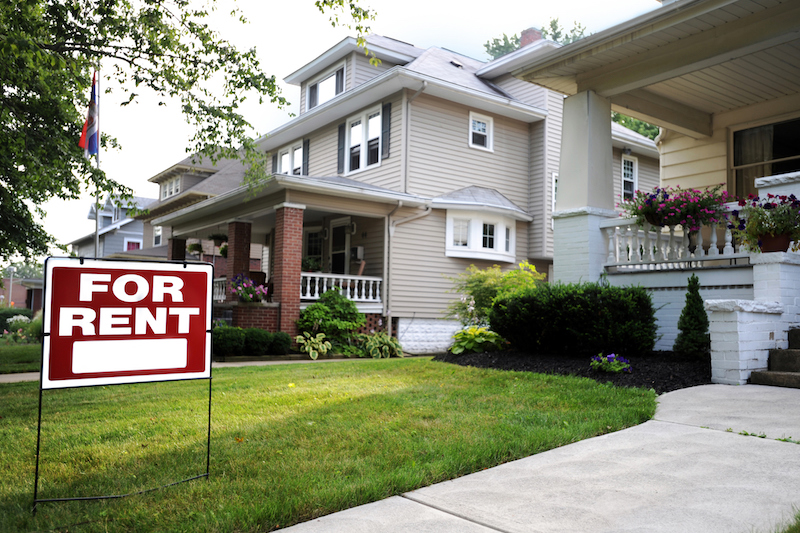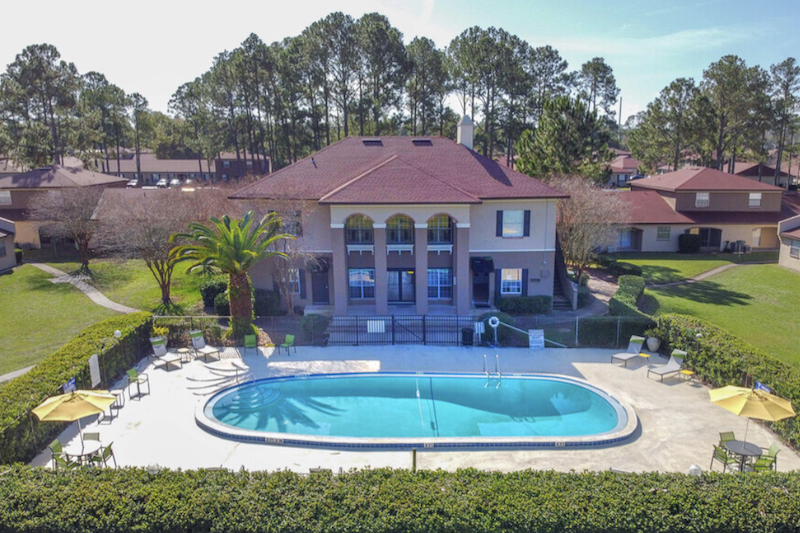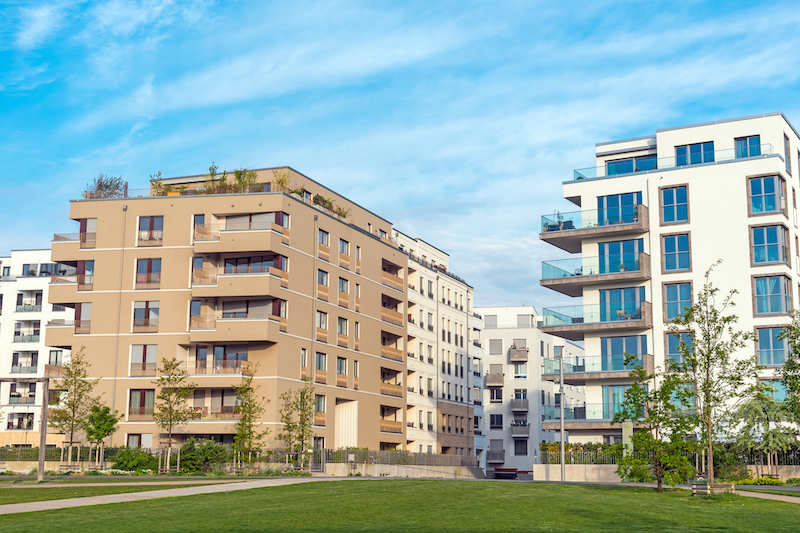The U.S. multifamily market stood on the cusp of a new cycle at the halfway point of 2025, as demand continued to be driven by favorable demographic trends and a structural need for housing.











The U.S. multifamily market stood on the cusp of a new cycle at the halfway point of 2025, as demand continued to be driven by favorable demographic trends and a structural need for housing.
Small multifamily valuations realized positive year-over-year growth in the second quarter of 2025, demonstrating the sector’s ongoing resilience in an unsettled economic environment. Steady rent growth, improving operating expense ratios, and stable cap rates helped move price growth into positive territory.
Albany, NY, and many other affordable mid-sized metropolitan statistical areas (MSAs) outpaced the national rent growth average for single-family rental (SFR) properties in the first half of 2025, according to an analysis of Zillow’s Observed Rent Index, which tracks the 100 largest markets in the U.S.
Driven by high construction costs, land constraints, and rental affordability, developers are increasingly prioritizing smaller units in higher-density multifamily properties. Utilizing data from the U.S. Census Bureau’s annual Survey of Construction, the research teams at Chandan Economics and Arbor Realty Trust have analyzed how the characteristics of new multifamily properties continue to evolve.
In today’s constantly evolving market environment, partnering with a lender that can balance prioritizing speed of execution with tailored solutions makes all the difference in securing the financing you need. Arbor’s experience, expertise, and innovation, combined with our willingness to understand each deal and work to make it successful, set us apart from other multifamily lenders. In our more than three decades of closing deals, we’ve found that having these 10 items on hand at the beginning of your borrowing journey helps prevent roadblocks and streamlines the entire financing process.
The single-family rental (SFR) sector continued showing strength in several key areas in the second quarter of 2025, even as residential housing market growth moderated.
The U.S. housing market reflects a patchwork of local needs, preferences, and geographies, creating distinct storylines. Across the country, many significant shifts have occurred over the last five years, an analysis of U.S. Census Bureau data shows. More expensive housing markets tend to support higher percentages of rental households, and in fast-growing metros, rentals have become a highly effective and flexible way to house new residents.
In all market cycles, commercial real estate firms are better positioned to achieve successful results with leaders who are strong, confident, and authentic, qualities demonstrated by the dozens of speakers at the 2025 Real Estate Pride Roundtable in New York City.